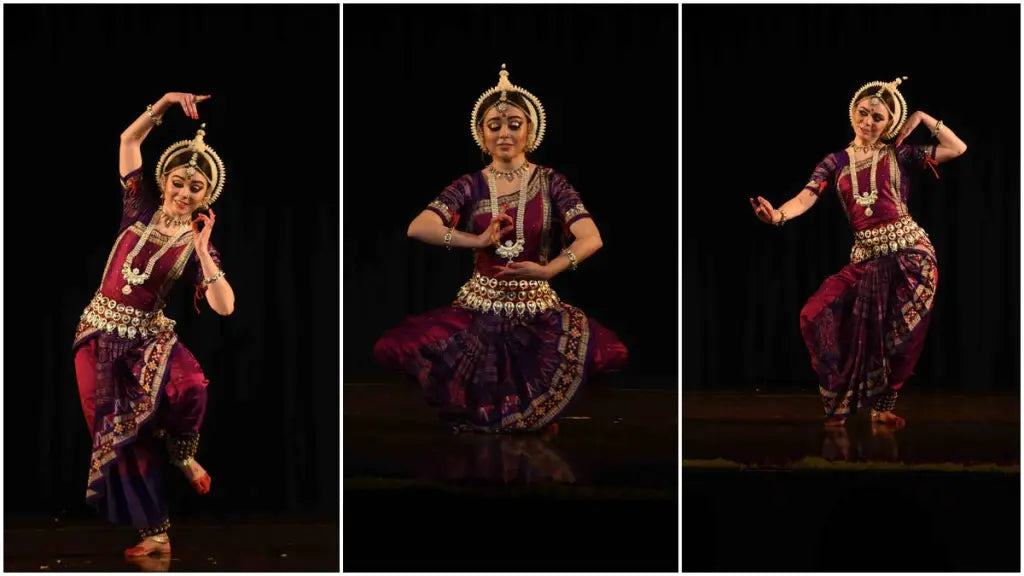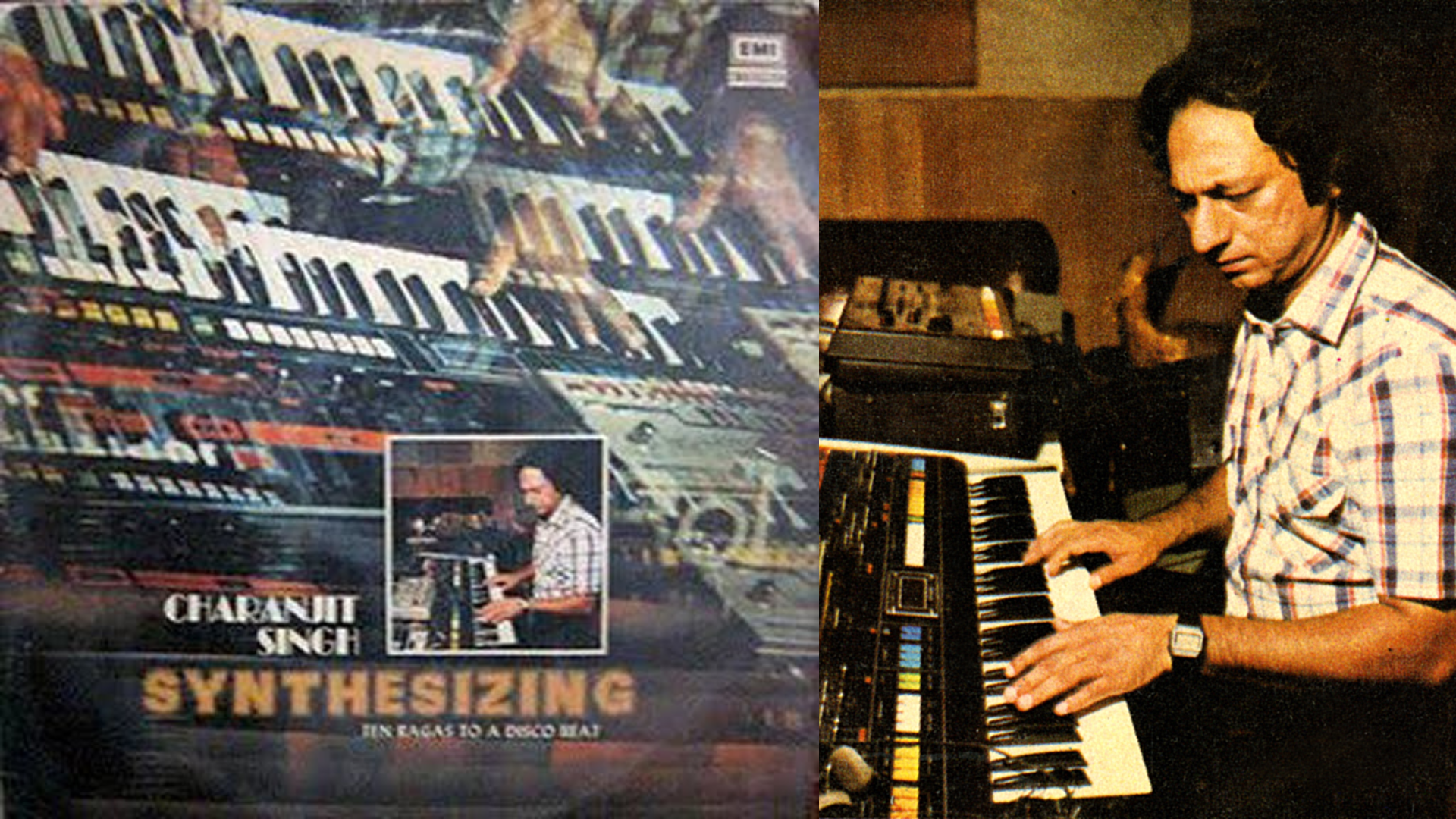Bhakta Vidhur (1921): The First Movie That Was Banned In India Because The Main Character Resembled Mahatma Gandhi
·
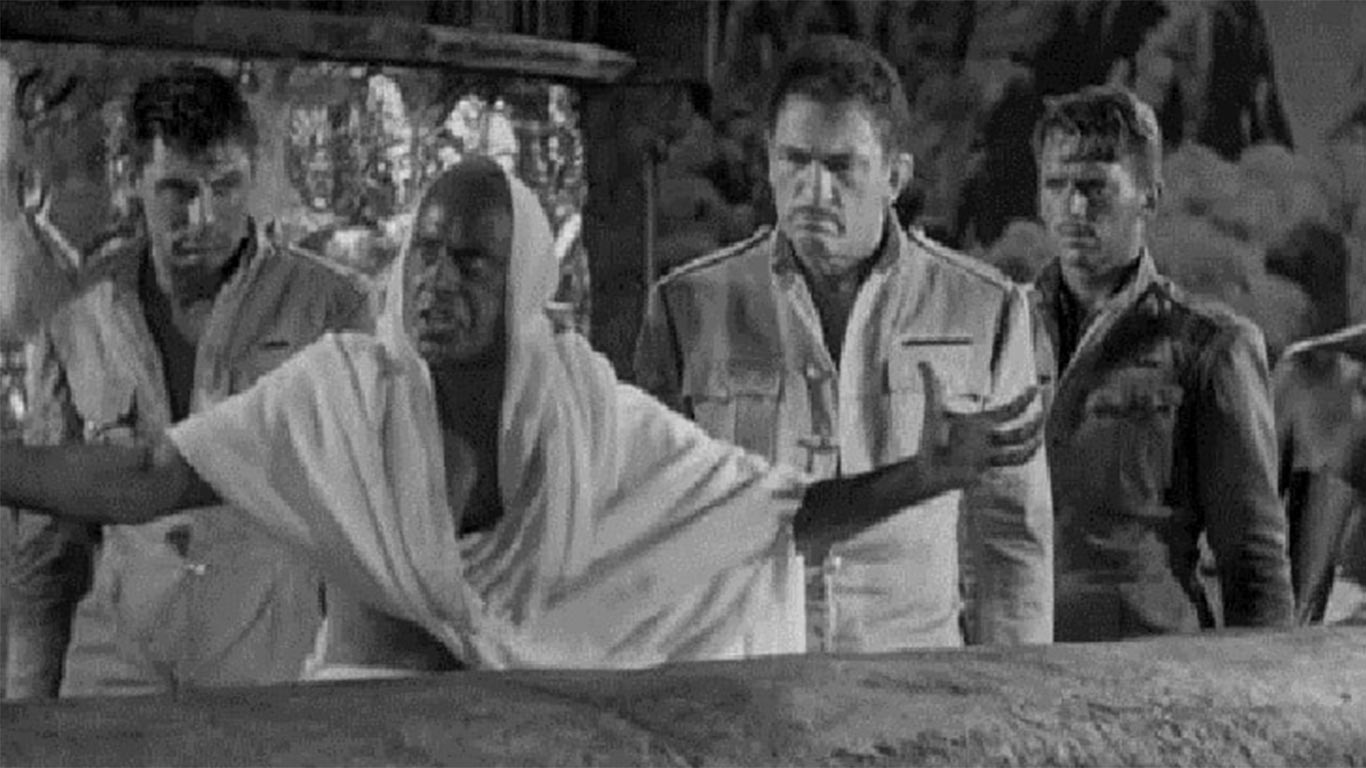
·
Every day we hear about movie bans and protests against movies. Some film or other comes into discussion due to their headlines. Talking about the film Loveratri made in Salman Khan's production house or Sanjay Leela Bhansali's film Padmavat. There has been a lot of opposition from everyone to Kangana Ranaut's film Manikarnika and the ban on these films has also come to light. This process of banning films is years old.
When films were shown only in video and not audio, the process of banning news started. The first film in Indian cinema which was banned in 1921' is 'Bhakta Vidur'. The film was based on the story of Lord Sri Krishna and Vidura. When the first glimpse of this film was brought in front of everyone, the actor playing the character of Vidur in it has appeared exactly like Mahatma Gandhi.
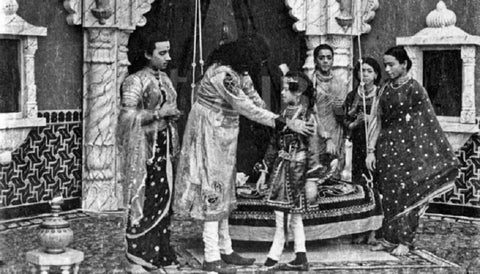
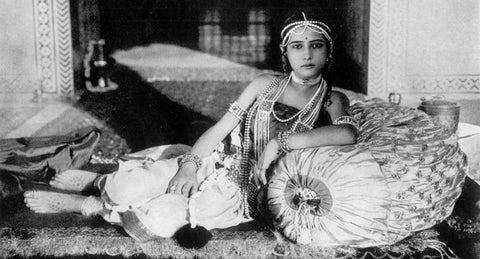
In this film, Vidur was played by actor Dwarka Das Nana Das Sampat and he also wore the same clothes as Gandhiji. These clothes did not suit the British government and they immediately banned them, taking cognizance of it. The government believed that these films could create resentment among people. So the censor board banned the film saying "We know what you are doing. It is not Vidur. We cannot allow it to be released."
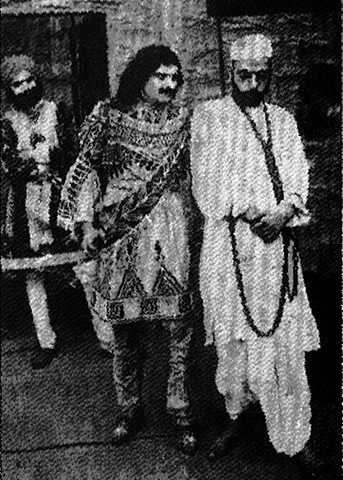
In 1919, the British Government passed a new law called the Rowlatt Act, under which British authorities had the power to arrest people and keep them in prisons without any trial, simply on the basis of ‘suspicion of treason’. This led to protests and the terrible Jallianwala Bagh massacre in which hundreds of innocent Indians were killed.
Read more: Anand, A Bollywood Classic To Get A Remake

